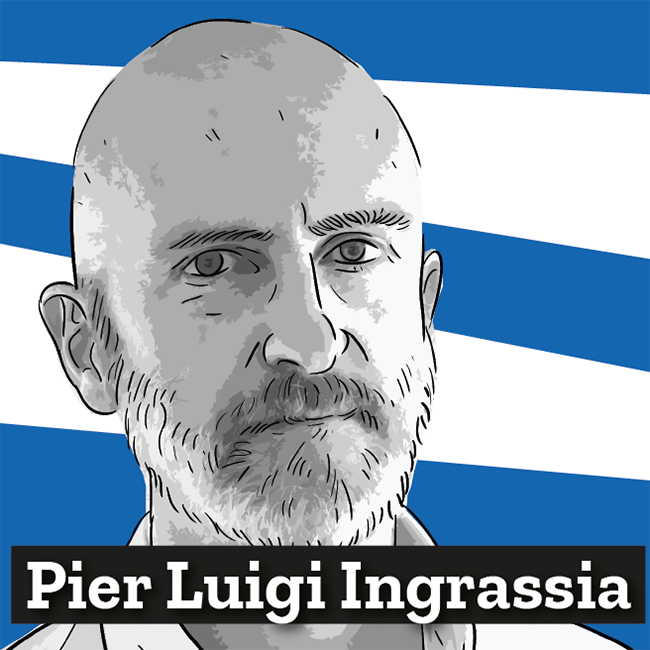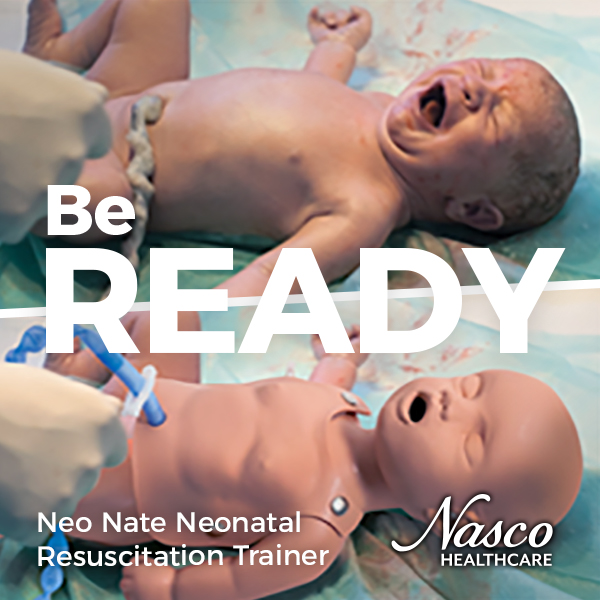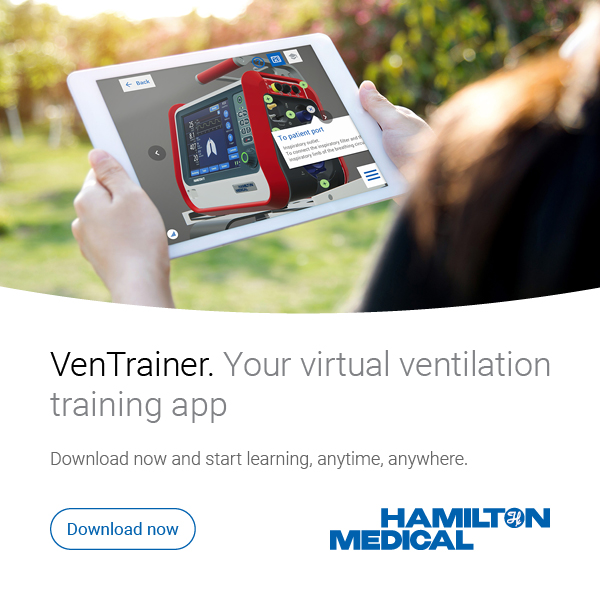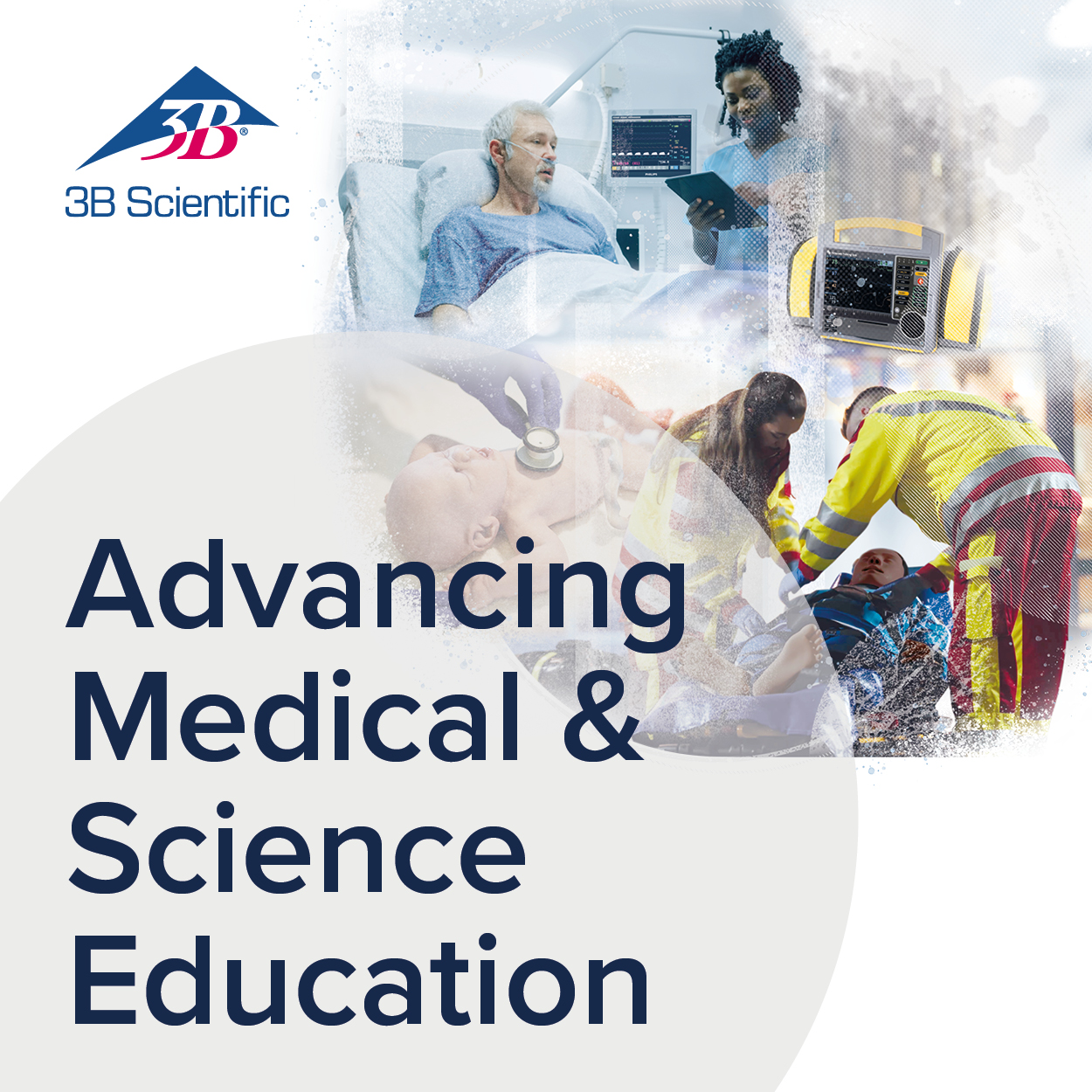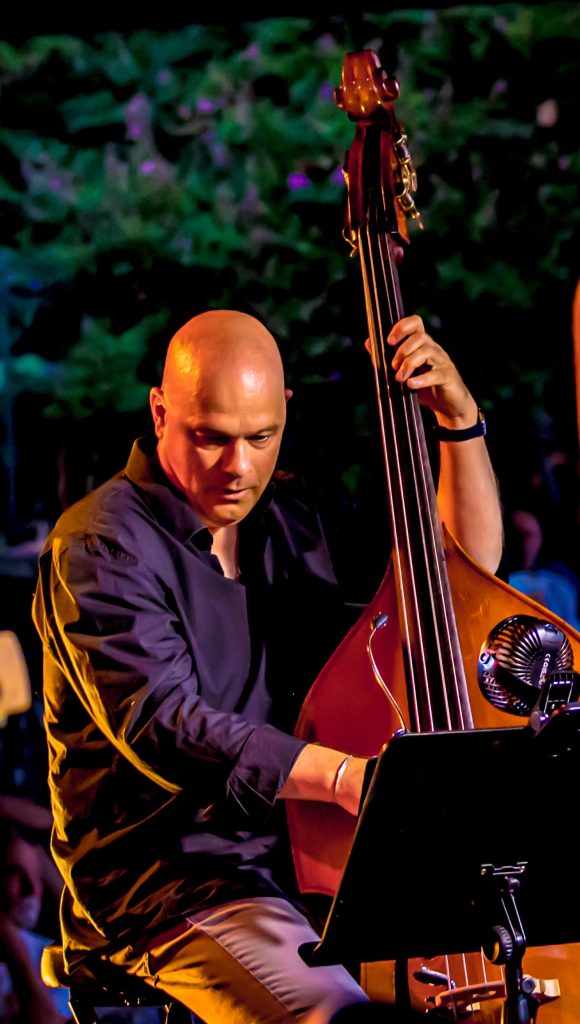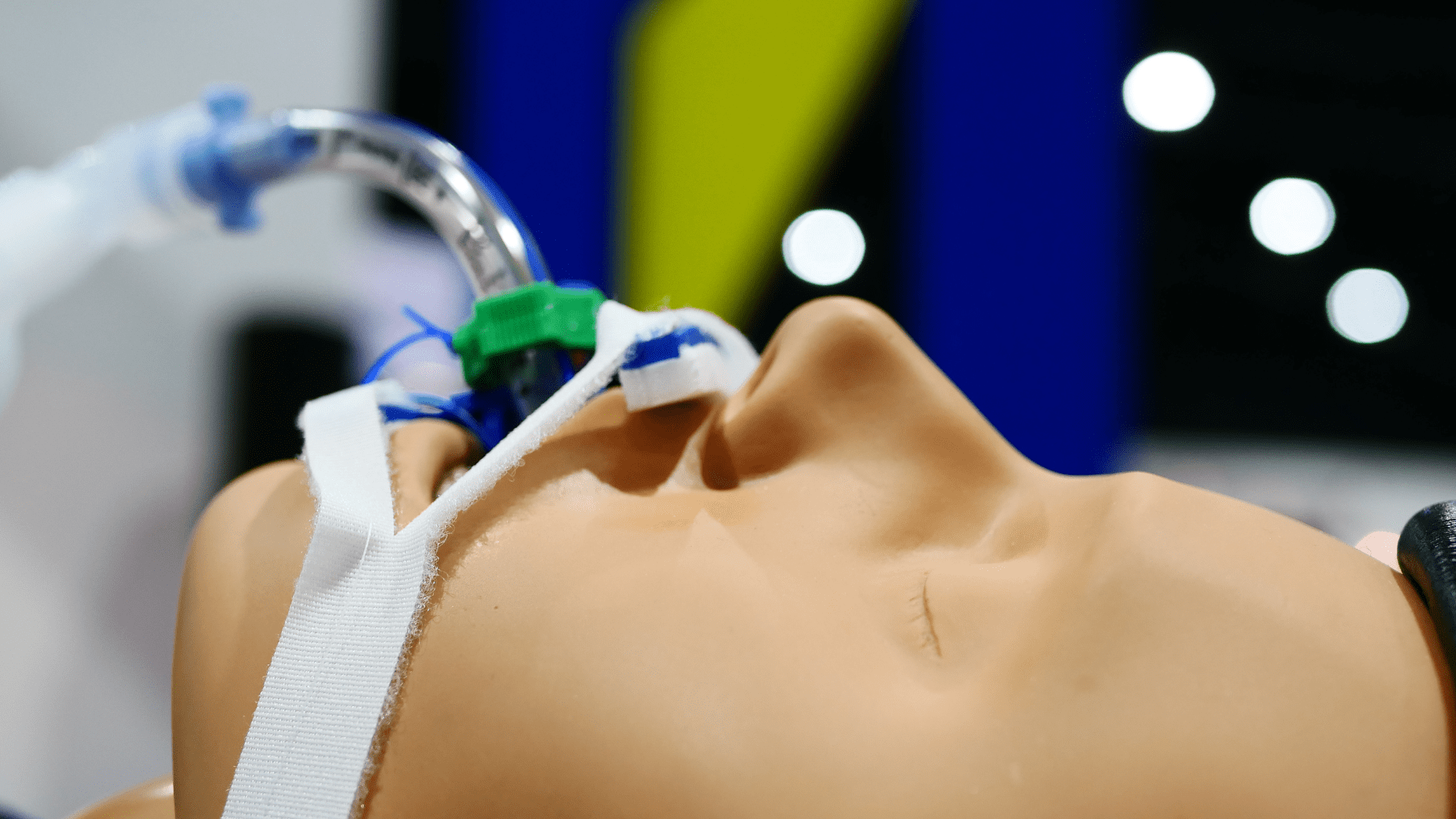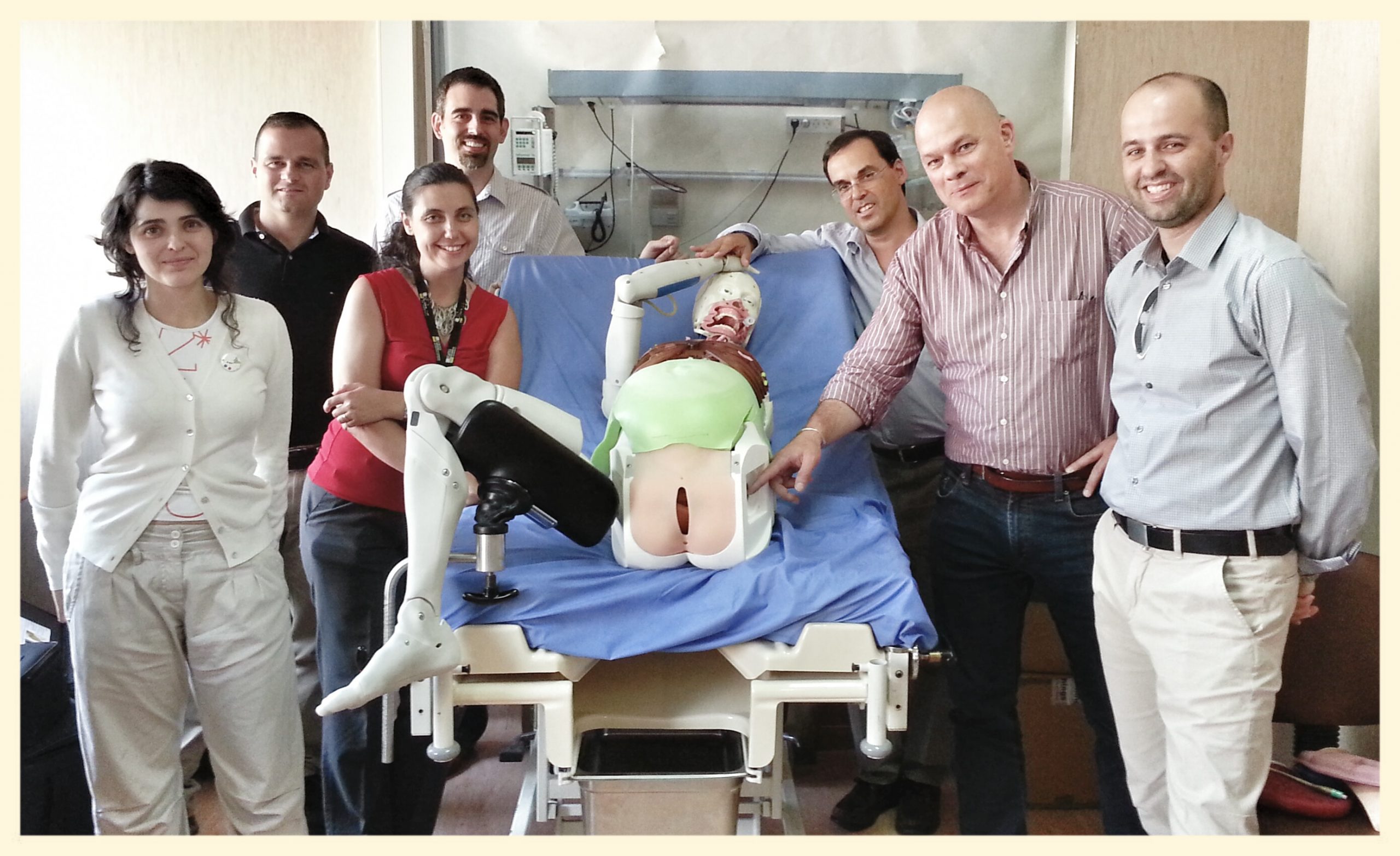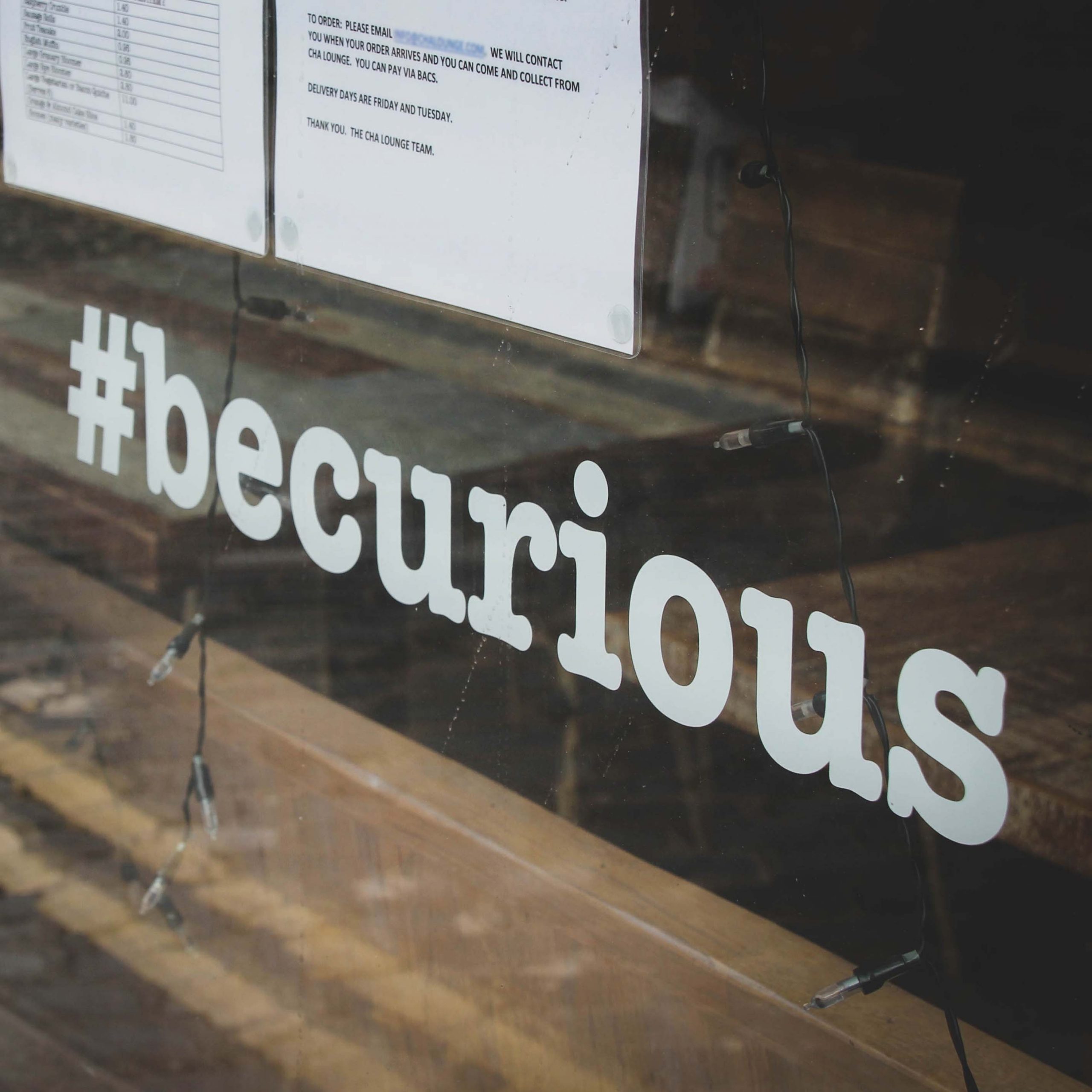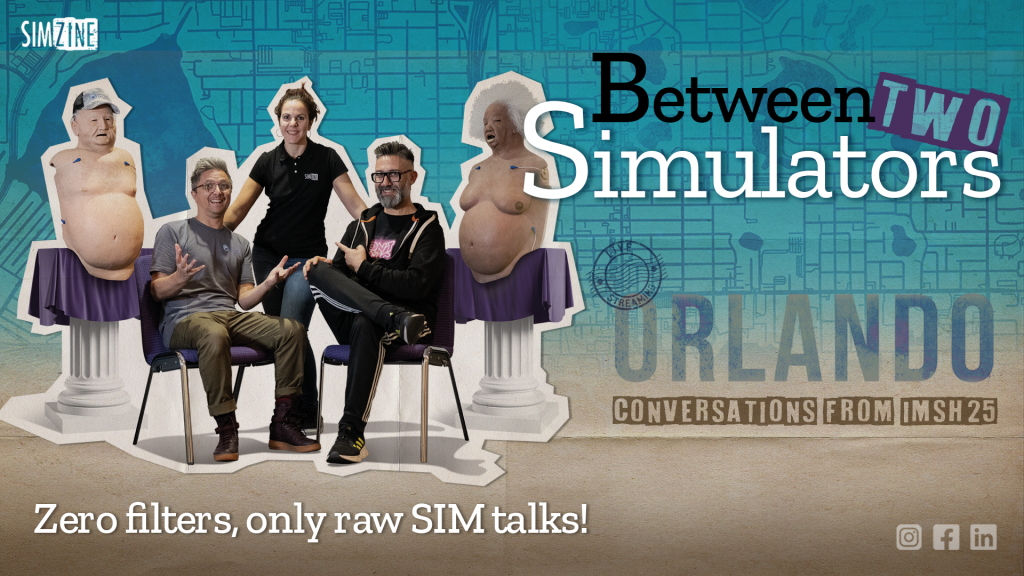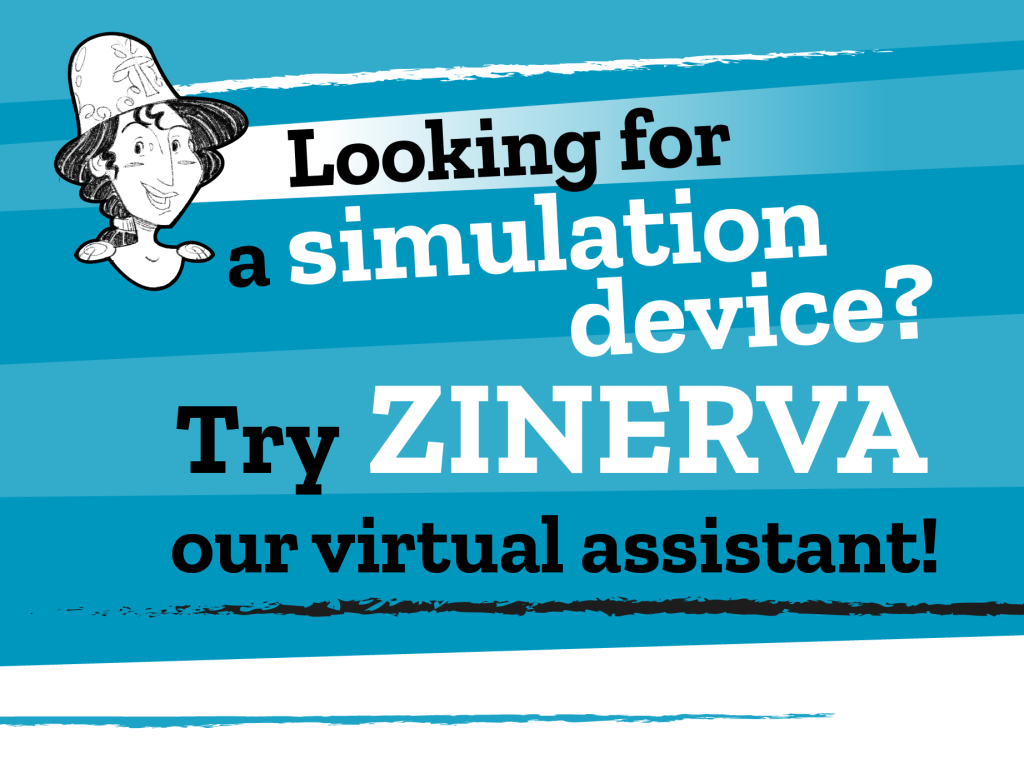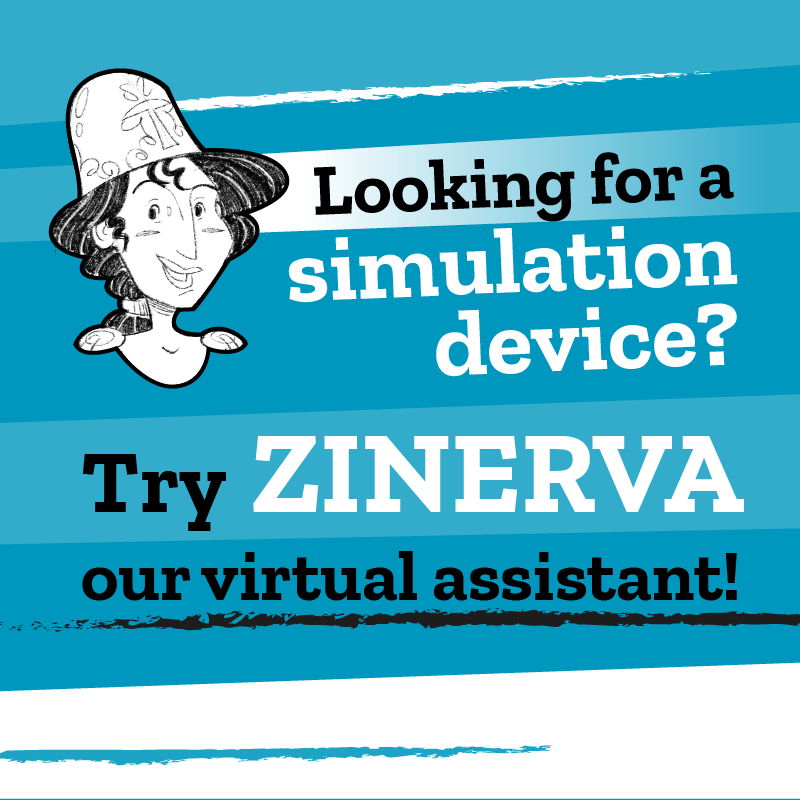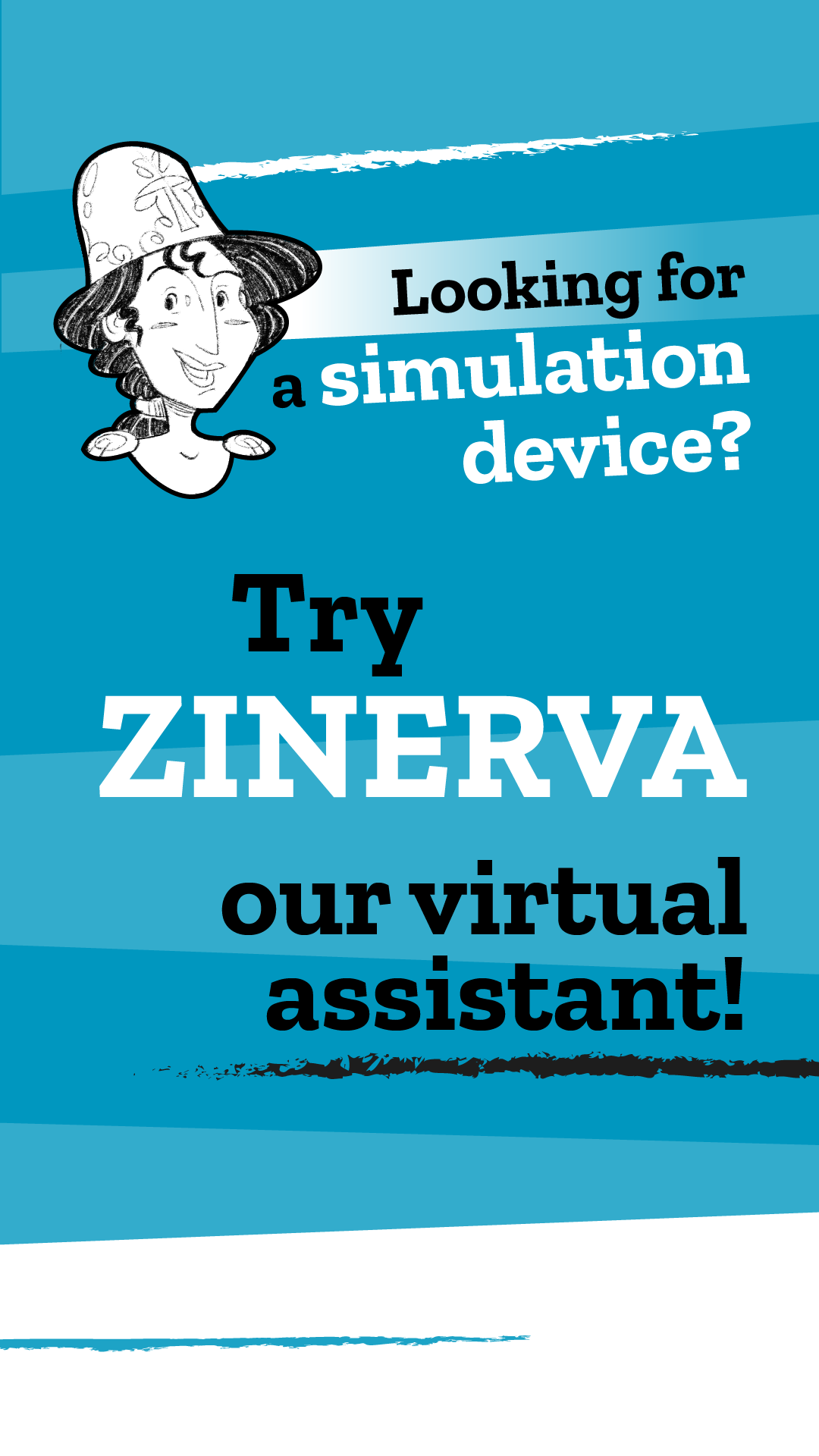Why the scientific society, the industry and its professionals must work together to increase the culture of simulation.
Simulation in Italy, in Europe and in the world is growing. At least in numbers. New simulation centers or laboratories populate the Academy, modern simulators and task trainers are purchased, and more and more training initiatives are choosing to be “simulation-based”.

But is the culture related to simulation also changing?
The real topic that underlies any effort and action is purely health-related, it is about the quality and safety of care for our patients. The promotion of simulation, in fact, must have as its main and sole purpose the increase in the quality of care by improving the training and updating of current and future professionals.
In this context of radical cultural change, the relationship between the scientific society of reference and the industry, that is, those companies that produce and/or distribute simulation devices, plays a fundamental role. It should be considered essential, and perhaps almost indispensable, to establish a shared path to develop a synergistic and transparent strategy that respects the prerogatives and missions of all parties. The scientific society has the role of bringing together generations of professionals who share knowledge and visions and outline the values of this new discipline so that it can evolve properly. The Industry, in addition to a different availability of resources [anche economiche], has a capillary and direct contact with even more peripheral stakeholders, interacting personally with the professionals who plan and use the simulation and becoming aware of realities that perhaps the Scientific Society itself does not acknowledge. A cooperative and synergistic dialogue, therefore, can only be successful, not for the scientific society, not for the industry or part of it, but for all of us professionals and especially individuals, as potential patients in the course of our lives.
Participation in conventions, congresses and trade fairs is, by universal consideration, an essential experience in cultural and professional development, both because they represent the most traditional and solid way of presenting and discussing the scientific results of different people, as well as the most recent innovations, because they are the ideal place for professional “recognition” and for the interdisciplinary exchange of information between experts. Professional collegiality, which in recent times is also mediated by the electronic medium, is a crucial tool for the development of a discipline and a profession, especially if it is new, because humans are social animals, as Aristotle already said.
Respecting the independence and interests of each one, this is the time for coordinated initiatives with a common vision. The scientific society, the industry, health and training professionals must work together, otherwise culture, development and research will stop at the expense of us, the patients, and the entire health system.


